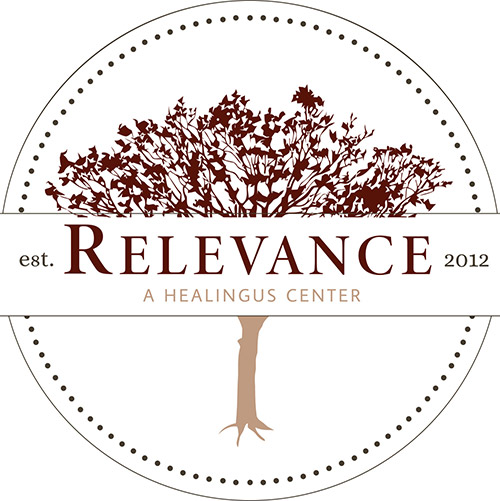Court-ordered evaluations play an important role in helping individuals with substance use or mental health challenges receive appropriate care and support. Rather than focusing solely on punishment, these assessments are designed to identify underlying issues, determine treatment needs, and create a structured plan for recovery. By working with licensed professionals, individuals gain access to qualified guidance that helps them understand their condition and the steps necessary for long-term improvement.
One of the most significant benefits of court evaluations is the personalized treatment planning that follows. Evaluators assess medical history, mental health status, substance use patterns, and personal circumstances to recommend the most effective services—whether that includes counseling, detox, inpatient rehab, or outpatient therapy. In addition, ongoing monitoring and accountability requirements help keep individuals on track, offering structure while reducing the likelihood of relapse or re-offense. This level of oversight empowers people to stay focused on recovery milestones and maintain consistent progress.
Court evaluations also provide crucial legal support by offering professional documentation and recommendations to the court system. Clear evaluation reports can demonstrate an individual’s commitment to change, which may lead to reduced penalties, alternative sentencing, or support with probation terms. Ultimately, these evaluations bridge the gap between the legal system and behavioral health care, ensuring individuals receive both the treatment they need and the opportunity to rebuild their lives responsibly and productively.





































